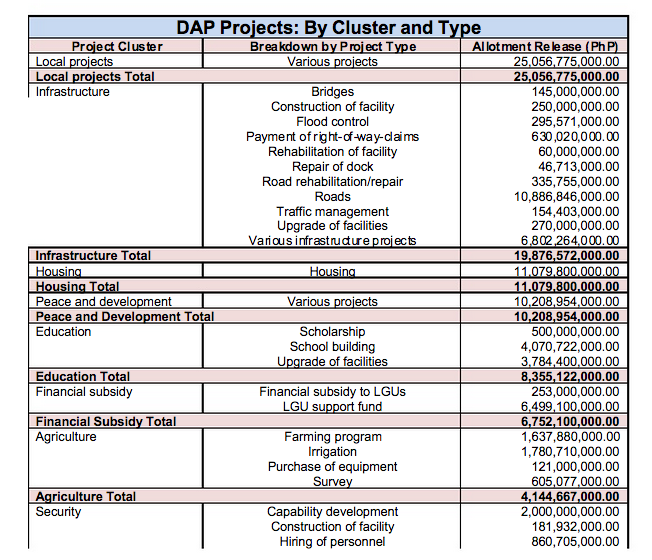The Impeachment Case Against VP Sara Duterte: What You Need to Know
Vice President Sara Duterte is facing a moment few in her position ever have. On February 5, 2025, the House of Representatives voted to impeach her—only the second time this has happened to a sitting Vice President in the country’s recent history. Over 200 lawmakers backed the complaint.
The move quickly stirred heated debate. The accusations aren’t minor: an alleged assassination plot, corruption, questionable use of confidential funds, and even claims she tried to destabilize the government. If proven, they could amount to betrayal of public trust, graft, or high crimes under the Constitution.
Duterte, for her part, isn’t backing down. She’s pleaded not guilty and asked the Senate to throw the case out. Her lawyers say the charges are politically driven, cobbled together from recycled claims, and lack hard evidence.
For now, the case is in limbo. The 19th Congress has wrapped up, and it’s now up to the 20th Congress to decide the next steps. Meanwhile, the Senate—acting as the impeachment court—is waiting on the House to certify that it didn’t violate the one-year rule that limits how often an official can face impeachment.
This case isn’t just about one official. It’s raising bigger questions about accountability, power, and where politics ends and due process begins. However it unfolds, the result will help define how the country handles controversies at the highest levels of governmen
Why This Matters
Impeachment is one of the most powerful tools in a democracy. It’s how elected officials can be held accountable if they abuse the office they were entrusted with. But it can also be used as a political weapon, depending on how the process plays out.
In Sara Duterte’s case, the stakes are high. Not only is she the Vice President, but she once served as Secretary of Education. Her name has long been floated as a possible contender for higher office—perhaps even the presidency. That makes this more than a legal fight; it’s a test of the country’s political maturity.
Supporters see her impeachment as a necessary step to investigate serious claims. Critics say it’s a distraction—an attempt to weaken a political rival without solid evidence.
So, what are the charges? What’s her defense? And where does the case go from here? Here’s a breakdown.
The Charges: Seven Articles of Impeachment
The House of Representatives filed seven charges, each outlined in what’s known as an “Article of Impeachment”:
1. Alleged Assassination Plot
Duterte is accused of conspiring to assassinate President Ferdinand Marcos Jr., First Lady Liza Marcos, and Speaker Martin Romualdez. The complaint cites remarks she made in a November 2024 online briefing. Her lawyers say the claim has no proof and fails to show how any actual crime occurred.
2. Misuse of ?612.5 Million in Confidential Funds
This article claims Duterte misused over half a billion pesos in confidential funds—?500 million as Vice President and ?112.5 million as Education Secretary. Investigations reportedly uncovered fictitious names in liquidation documents.
3. Bribery and Corruption in DepEd
Duterte is alleged to have distributed cash gifts within the Department of Education, with some supposedly coming directly from her.
4. Unexplained Wealth
The complaint alleges she failed to fully declare her assets and that her net worth quadrupled from 2007 to 2017. This was based partly on claims made by former Senator Antonio Trillanes IV.
5. Links to Extrajudicial Killings
Duterte is linked to killings in Davao City, based on testimony from Arturo Lascañas, a retired officer who claims to be part of the Davao Death Squad. Duterte has rejected the testimony, calling it unreliable.
6. Destabilization of the Government
She is accused of encouraging public unrest, boycotting the President’s annual address, calling for his resignation, and using her office to obstruct investigations.
7. General Misconduct
The final article argues that taken together, Duterte’s behavior makes her unfit for office.
Duterte’s Defense: Dismiss the Case
Sara Duterte’s official response spans more than 30 pages. Her key message: “These allegations are baseless, politically motivated, and procedurally defective.”
Her Main Arguments for Dismissal:
No Jurisdiction: Her legal reply was filed ad cautelam, meaning she doesn’t acknowledge the Senate’s authority over her while still choosing to respond.
Returned Articles: The Senate returned the impeachment papers to the House before adjournment. Duterte argues this alone should nullify the case, since the documents are not officially in Senate hands.
One-Year Rule Violated: The Constitution says only one impeachment complaint can be filed against a public official within a 12-month period. Duterte claims three complaints were filed against her in December 2024—and the House waited to refer them, essentially “gaming” the system.
New Congress, New Rules: She argues that cases from the 19th Congress cannot carry over to the 20th. Once a Congress ends, so should all unresolved matters.
Challenging the Evidence
Duterte’s lawyers say the impeachment articles rely on general statements and lack concrete evidence. She calls the complaint a “scrap of paper” built on assumptions rather than facts.
On the assassination accusation, they argue there is no real proof or corroborating evidence.
On the confidential funds, her side says no court or agency has ruled the disbursements illegal, and that calling it “misuse” is a legal conclusion that needs actual proof.
What Happens Next?
Despite the House vote to impeach, the Senate cannot begin a trial just yet. Here’s why:
The House must elect new prosecutors from the 20th Congress. The previous team’s term ended with the 19th Congress on June 30.
The Senate has asked the House for a formal certification showing they did not violate the one-year rule. Without this, the Senate will not proceed.
Until both conditions are met, the trial is on hold. Whether it proceeds—or fizzles out—will depend on how the 20th Congress handles its next moves.





